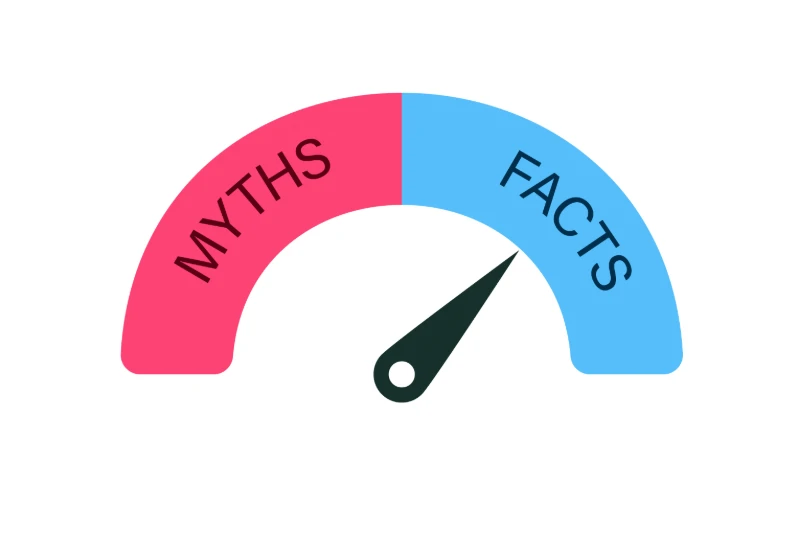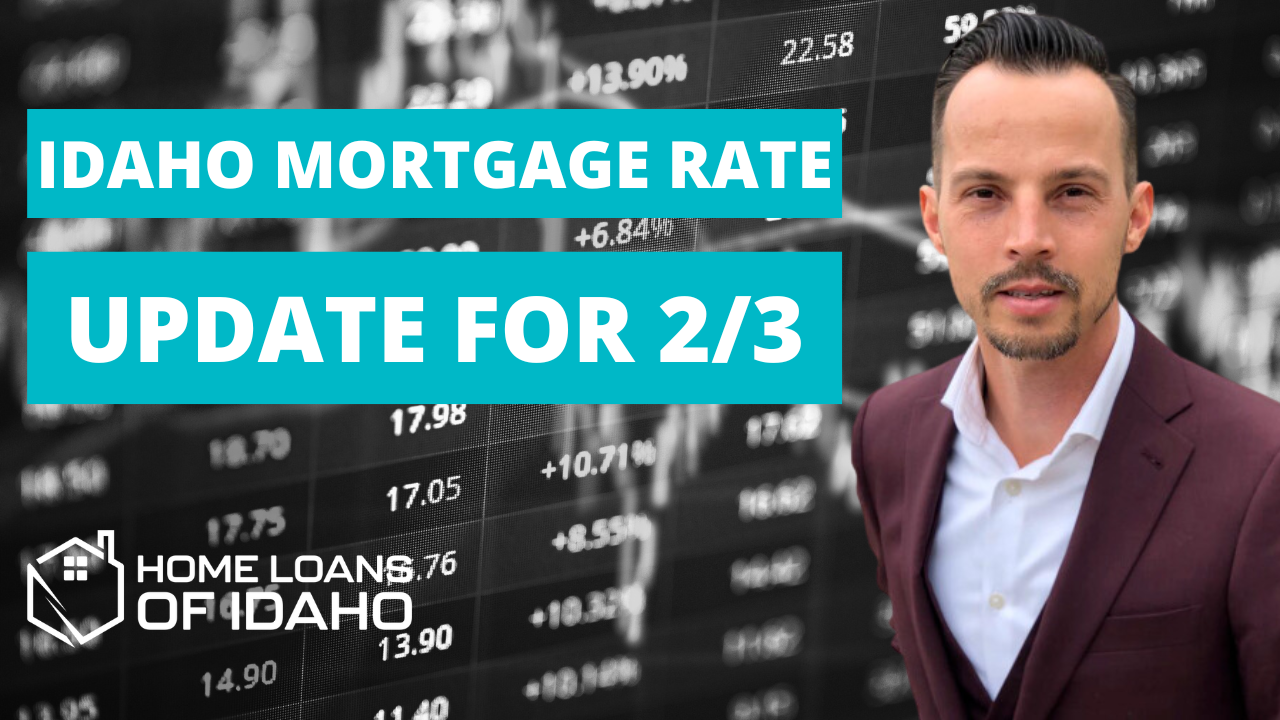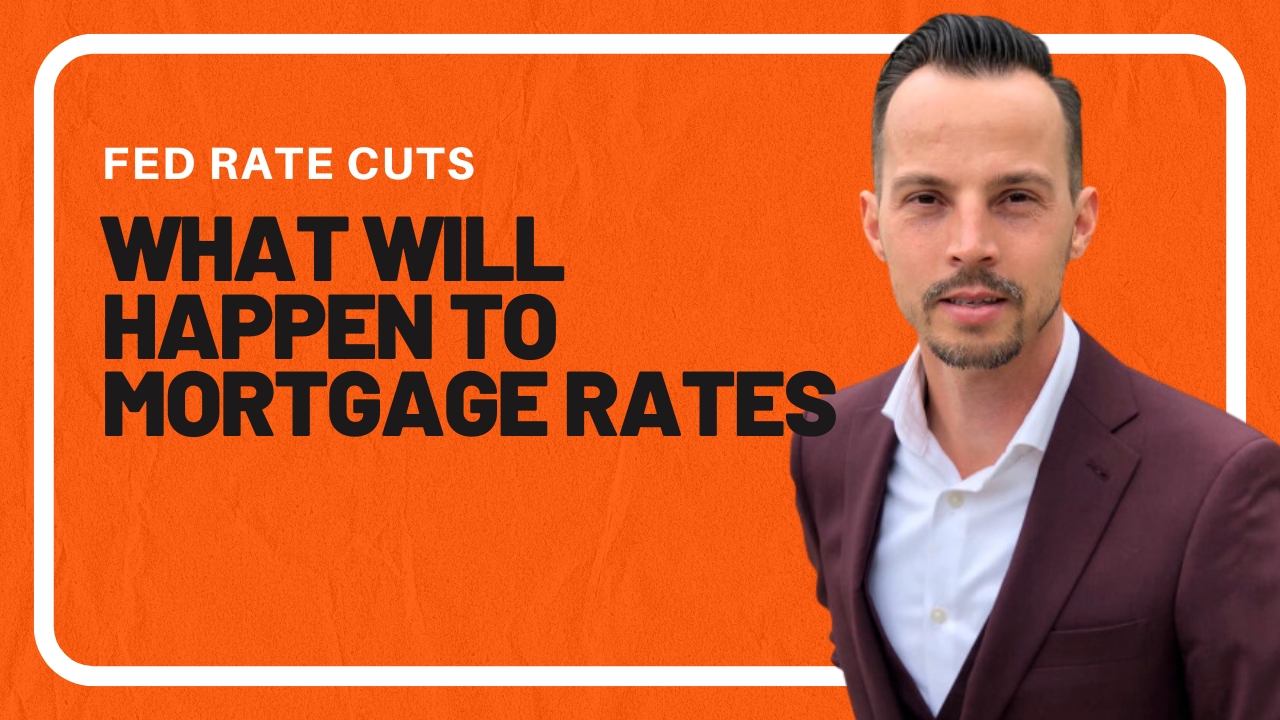When it comes to getting a mortgage, there’s no shortage of misinformation. Many homebuyers, especially…
Understanding Mortgage Rate Locks
Understanding Mortgage Rate Locks—What They Are and How to Use Them
When navigating the complex world of mortgages, one term you’ll frequently encounter is “mortgage rate lock.” Understanding how to use this financial tool can save you from the anxiety of fluctuating interest rates, ensuring you secure the best possible deal on your home loan. Here’s a detailed guide on what mortgage rate locks are, when you should consider using one, and how they can benefit you during your home-buying journey.
What is a Mortgage Rate Lock?
A mortgage rate lock is a commitment by a lender to hold a specific interest rate and a certain number of points for a predefined period while you complete the mortgage application process. This arrangement protects you against rising interest rates. If you lock in a rate of 6.68% for 45 days and the rates increase during this period, you’ll still benefit from the locked rate, providing a predictable loan cost.
Jesse Stroup, a mortgage broker at Home Loans of Idaho emphasizes the importance of rate locks:
“Mortgage interest rates change daily, sometimes even multiple times a day. We always recommend that borrowers lock in their rate to avoid unexpected costs.”
Why Rates Change and When to Lock Yours
Mortgage rates fluctuate due to several factors, including economic performance, Federal Reserve policies, demand for housing, and other market dynamics. Typically, rates rise when the economy is strong and fall during downturns to stimulate growth.
The timing of your rate lock can significantly impact your mortgage cost. Locking in too early might mean paying extension fees if your home purchase doesn’t close before the lock expires. However, waiting too long can expose you to higher rates. Ideally, you should lock your rate once your offer on a house is accepted and you’re close to closing.
The Cost of a Mortgage Rate Lock
Most lenders offer rate locks for a standard period (30 to 60 days) without an additional charge. However, if you need a longer lock period, there might be fees involved, typically a percentage of the loan amount. The costs can vary significantly between lenders, so it’s crucial to discuss these details upfront.
Advantages of Locking in Your Mortgage Rate
Securing your mortgage rate can potentially save you thousands over the life of your loan. For instance, locking in a rate of 6.74% on a $300,000 loan could mean paying significantly less in total interest compared to rates that might rise over the following weeks. Tools like mortgage calculators can help you visualize the potential savings and decide whether a rate lock makes sense for your situation.
FAQs About Mortgage Rate Locks
Can I switch lenders after locking a rate? Yes, a rate lock does not bind you to a lender. If you find better terms elsewhere, you can switch lenders, although you should be aware of any implications or fees involved in such a decision.
What if rates drop after I lock in? Some lenders offer a “float-down” option that allows you to benefit from decreased rates before closing your loan. However, this option may come with its own costs and conditions.
Does a rate lock guarantee my mortgage rate? While a rate lock provides a safeguard against rising rates, certain changes in your financial situation (like a drop in your credit score or changes in your income) can alter the terms of your locked rate.
Understanding and utilizing a mortgage rate lock effectively can provide you with peace of mind and financial benefits as you navigate the path to homeownership. By securing your mortgage rate at the right time, you can avoid unexpected increases and budget more accurately for your future home.




